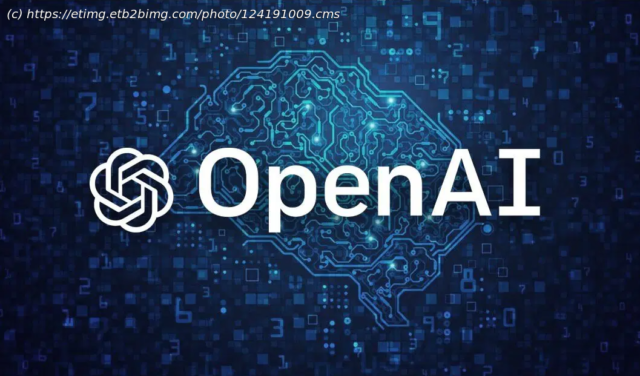By commenting, you agree to the
The pace of artificial intelligence (AI) development is accelerating at a rate few anticipated. From transforming how we communicate to reshaping industries, the rise of AI is prompting questions that touch every worker: How much of what I do today could be done by a machine tomorrow? Sam Altman, Chief Executive Officer of OpenAI, has been cautious about predictions, yet his recent statements indicate the scale of change ahead, and who might be affected first.Speaking at the Axel Springer Global Reporters Network in Berlin, where he received this year’s Axel Springer Award, Altman addressed the prospect of a “superintelligence,” an AI smarter than humans in all respects.“I would certainly say by the end of this decade, so, by 2030, if we don’t have models that are extraordinarily capable and do things that we ourselves cannot do, I’d be very surprised,” he said. He described the rapid trajectory of AI development, noting that while GPT-5 can outperform humans in many tasks, it remains limited in others, a pattern likely to continue in the near future. “In another couple of years, it will become very plausible for AI to make, for example, scientific discoveries that humans cannot make on their own. To me, that’ll start to feel like something we could properly call superintelligence.”Altman’s warnings extend beyond breakthroughs in AI research. On the question of employment, he emphasized that while entire job profiles may disappear over time, the more immediate shift will be in tasks within jobs. “I can easily imagine a world where 30-40 per cent of the tasks that happen in the economy today get done by AI in the not very distant future,” he said.Customer support roles, particularly those conducted over the phone or computer, are among the first likely casualties of automation.






